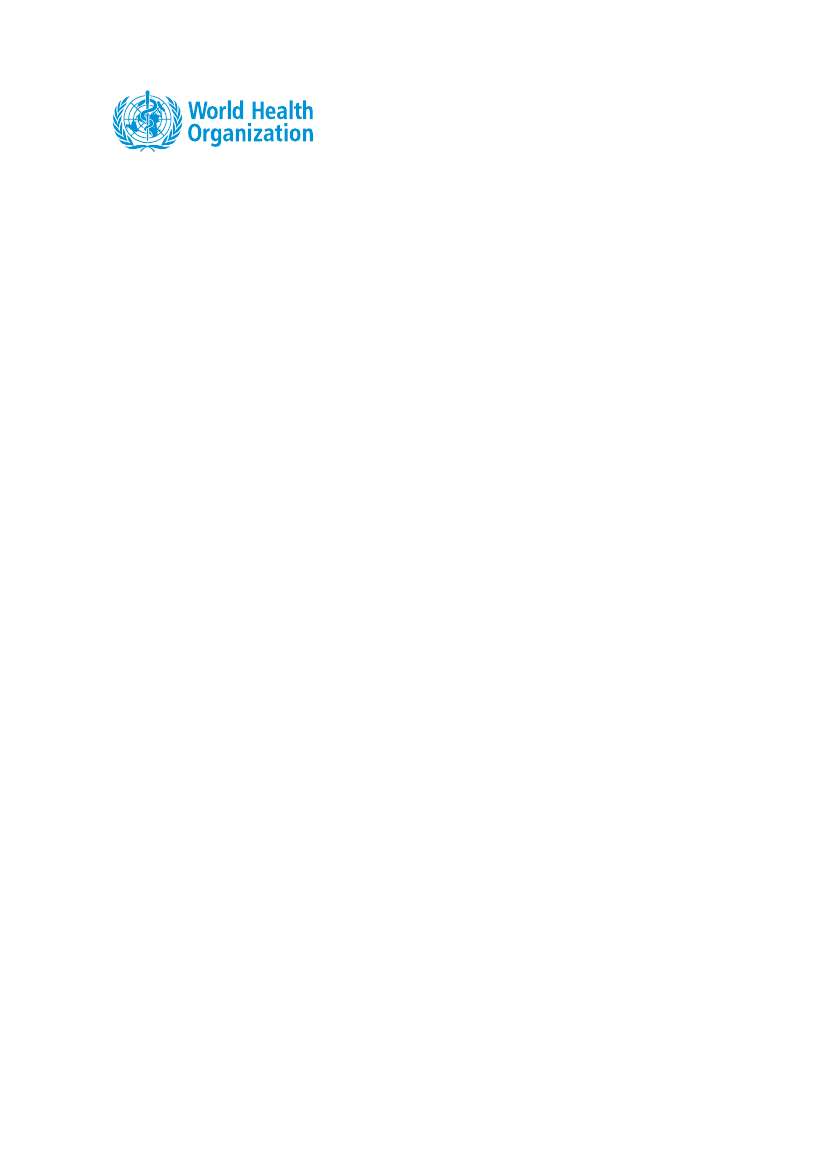
WHO | SARS-CoV-2 mink-associated variant strain – Denmark
Page 1 of 5
Emergencies preparedness, response
SARS-CoV-2 mink-associated variant strain
– Denmark
Disease Outbreak News: Update
3 December 2020
Since June 2020, Danish authorities have reported an extensive spread
of SARS-CoV-2, the virus that causes COVID-19, on mink farms in
Denmark. On 5 November, the Danish public health authorities reported
the detection of a mink-associated SARS-CoV-2 variant with a
combination of mutations not previously observed (referred to as “Cluster
5”) in 12 human cases in North Jutland, detected from August to
September 2020.
To date, Statens Serum Institut (SSI) in Denmark has identified seven
unique mutations in the spike protein of SARS-CoV-2 among variants co-
circulating in mink and humans. SSI cultured the “Cluster 5” variant with
four amino acid changes in the spike protein, which was identified in
mink and isolated from the 12 human cases reported in North Jutland.
Preliminary findings suggested that there was a lower capability of
antibodies to neutralize the Cluster 5 strain, which requires further
investigation.
Following public health measures implemented by Danish authorities, the
incidence of COVID-19 in North Jutland decreased from 100 per 100,000
population in the week beginning 2 November (week 45) to 60 per
100,000 population in the week beginning 16 November (week 47). Over
the past weeks, Danish authorities have conducted mass testing of 111
447 individuals in North Jutland using reverse transcriptase polymerase
chain reaction (RT-PCR) and are planning to conduct genetic
sequencing for all positive samples.
In November 2020, 349 cases were reported among people associated
with mink farming, an increase from 200 cases in October 2020. Since
June 2020, a total of 644 people associated with mink farming have
tested positive. Furthermore, there have been at least 338 cases
reported among people working with mink pelting, in six factories and
two small facilities, which suggests that there is an increased risk of
COVID-19 infection in people who are involved in farming, culling and
pelting of mink. As of 1 December 2020, a total of 289 mink farms have
been affected, which accounts for approximately 20% of all mink farms in
Denmark.
https://www.who.int/csr/don/03-december-2020-mink-associated-sars-cov2-denmark/... 04-05-2021